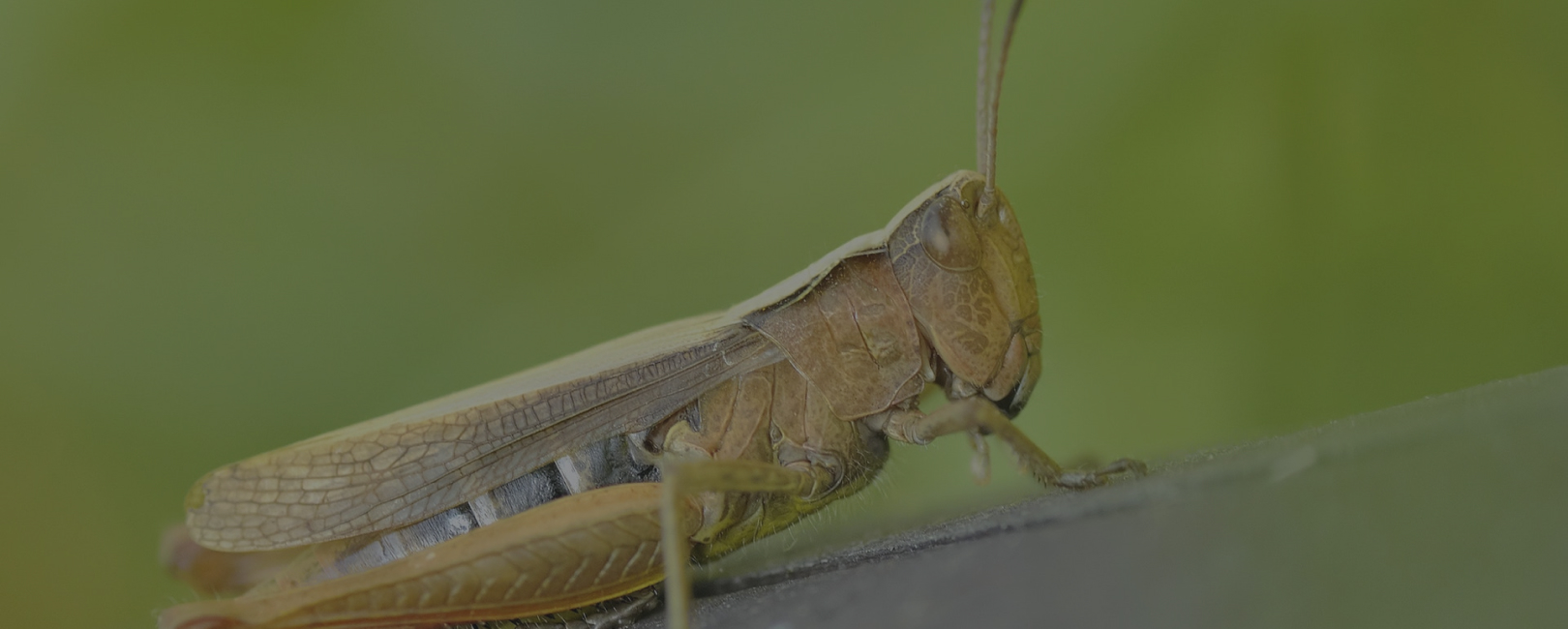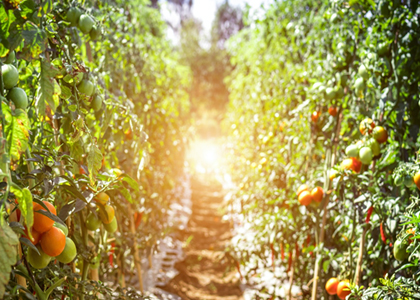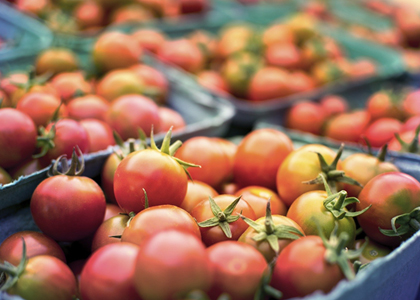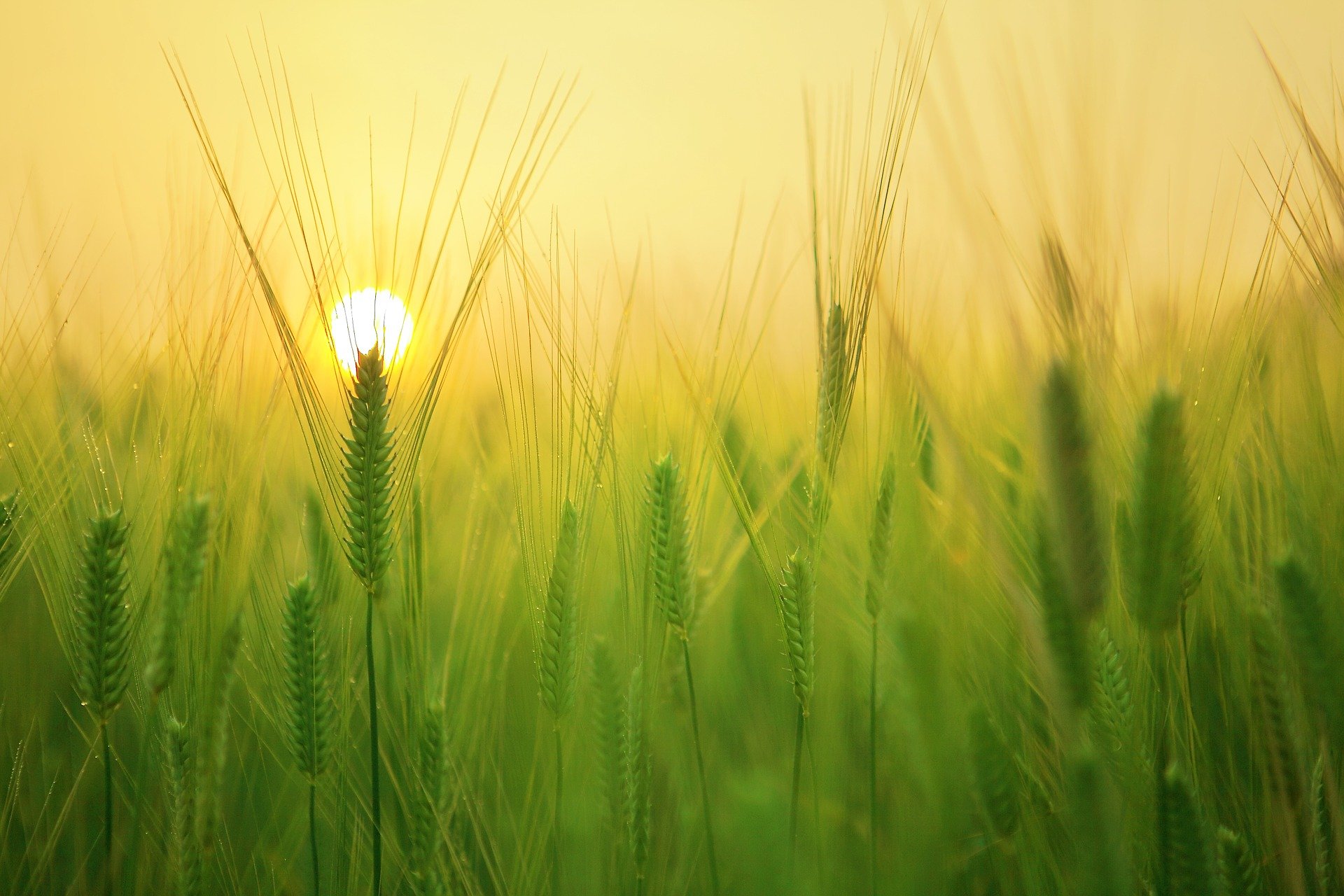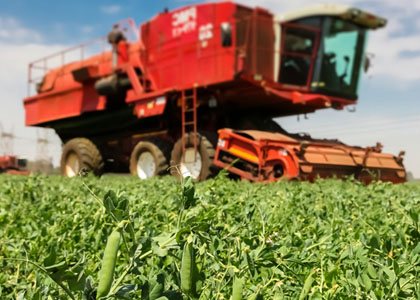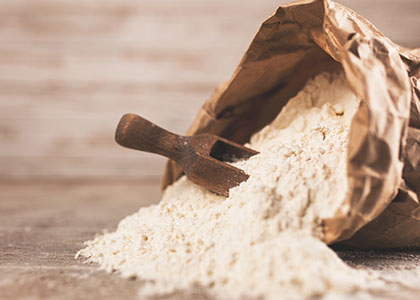Home / Blog / The Latest Consumer Trends Affecting Saudi Farming

Saudi Arabia has opened itself up to the world, and its agriculture industry is no exception. A number of consumer trends are sweeping through the sector, influencing both buying habits as well as the production as farmers find themselves looking to respond to new market demands.
Over the last couple of years, we’ve seen a major trend toward healthier living, both globally and within Saudi. As a result, there has been a sharp increase in interest in organic produce as an alternative to traditionally grown fruits and vegetables. Additionally, there has been a global push to eliminate trans-fats in order to lower skyrocketing rates of cardiovascular disease (CVD). And with diabetes continuing to be a worldwide health issue, dates have gained a massive amount of popularity as a healthier sweet treat than chocolates and candies.
All of these trends have had a direct impact on agriculture in Saudi Arabia as producers and importers make major changes to keep up with demand. Below we explore in more detail how Saudi agriculture is keeping up with these global and local trends.
Organic Farming
With young Saudi Arabians showing a strong preference for organic foods, the country’s organic foods sector is projected to grow at a 15.9% annual rate between 2019-2025.
As an initial foray into organic farming, the Saudi government is encouraging the organic production, processing, and marketing of:
- fruit and vegetables
- Arabic coffee
- the cultivation of rain-fed crops.
Moreover, with plans to establish more than 20 organic farms in the near future, the Saudi Ministry of Environment, Water, and Agriculture is also seeking:
- to increase organic production by 300 percent
- to drive sustainable agricultural practices, while protecting the environment
- to drive high-profitability from organic farming
- to aggressively encourage greenhouse farming.
Organic Farming Investment
The government is empowering local farmers to meet demand with substantial investment in the sector. The Saudi government is encouraging organic farming in the kingdom, providing support to organic farmers by:
- paying the fees for certification
- rendering technical advice
- extending support to improve the quality of the farmed produce
- providing functional monitoring and surveillance systems
- tracking key targets in projects to achieve sustainable sector growth
- offering resources for tailor-made market-development programs
- facilitating market access along the organic-value supply chains
- providing strategic advice to the Saudi Organic Farming Association.
As a test run, earlier this year, the government assigned a USD 431,000 project to 165 farmers for a 12-month contract to help support small farms switching to organic farming. The project aims to produce:
- safe, high-quality food
- preserve the environment and natural resources
- streamline consumption of irrigation water
- promote and support organic production.
Under the terms of the contract, the Saudi Organic Farming Society will implement guided field visits to farms converting to organic agriculture, and prepare them for inspection and certification. If the appetite continues for organic produce, the country’s farmers could unlock massive market potential at home and abroad.
KSA Bans Trans-fats
Saudi Arabia’s government is banning the use of partially hydrogenated vegetable oils (PHVO) by food manufacturers and importers in order to address the high prevalence of cardiovascular disease (CVD) in the country. In fact, according to some estimates, approximately 37% of deaths in the country are caused by CVD.
The ban became effective this year, though compliance is a concern as there is currently no test to confirm the presence of PHVO. The Saudi Food and Drug Authority (SFDA) is requesting importers comply with the directive in order to ensure a healthier future for the country’s citizens and residents.
Dates in Demand

The humble date is a staple of Middle Eastern culture and cuisine, but in the past few years, demand has risen sharply not only within Saudi but also globally.
- Demand for Holiday Gifts
Sweet, juicy Saudi Arabian dates are becoming popular as a gift for special occasions around the world, including Valentine’s Day and Christmas. As consumers look for healthier alternatives to traditional sweets, like chocolates, more and more are choosing dates for a delicious and nutritious way to send well wishes for various holidays.
This trend reflects more interest in dates across the globe. Whereas giving dates as gifts used to be largely limited to the Middle East and adjacent regions, people around the world are now adopting this tradition, which could be a boon for Saudi’s date farmers.
- Demand for Export
Dates have been popular in Saudi Arabia for centuries. But now, the country’s dates are proving popular around the world as a sweet alternative to chocolate and candies. With natural sugars, fibers, and other nutritious content, dates are increasingly recognized the world over as a healthy snack and treat.
Just during the first half of 2019, Saudi date exports saw a 27% rise in exports, exceeding 163,000 tons. The time is right for Saudi’s date farmers to extend their market further by targeting international markets outside traditional areas, which have included fellow GCC nations and Muslim-majority countries. The Saudi Exports Development Authority has identified potential markets, like the US, UK, and France, where exports could expand significantly as more people recognize that dates have unique nutritional value.
- Demand for Alternative Applications
Dates may be exceptionally popular themselves, but date trees are experiencing a new wave of popularity because of their versatility. More and more younger Saudis are choosing to include date trees in their residential landscaping and are seeking out products made from date trees. Below are three ways date trees are used, other than to harvest date fruit.
- Medicinal and Cosmetic Uses
Date flowers and green, unripe dates are traditional fertility enhancers, offered for sale in many open-air markets throughout Saudi Arabia. The date seed extract is also an up-and-coming wrinkle treatment and powerful ingredient in cosmetics and soaps.
- Animal Feed
It’s not just humans who love date palms. The tree’s seeds are a popular feed for horses, cattle, camels, sheep, and goats. When ground, they can be used for chickens, too.
- Landscaping
Of course, date trees themselves offer an eco-friendly option for landscaping – one that requires little water and maintenance because they are adapted to the region’s desert climate. They also offer plenty of shade and support local wildlife that can use the tree to make nests or as a source of food.
To learn more about how Agri can help date farmers meet growing demands and expand their market reach, get in touch with us here.
